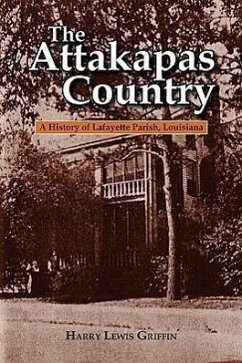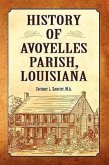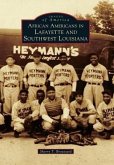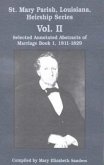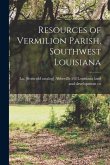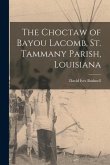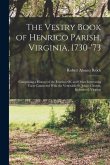This comprehensive volume traces the history of Lafayette Parish, from its earliest beginnings and the struggle between the Attakapas Indians and the first white settlers, French Canadians, English traders, and French trappers to the conditions in 1959, when this historical work was first published.Over the course of this history, Griffin analyses everything from the territorial and political evolution of the parish to the development of transportation and travel, and from the founding of the schools to the early financial and industrial conditions. Griffin also provides accounts of the flood of 1927, the greatest challenge Lafayette Parish had to overcome in its early history and a sign of the persevering spirit that would help the parish to overcome such destructive forces.
Hinweis: Dieser Artikel kann nur an eine deutsche Lieferadresse ausgeliefert werden.
Hinweis: Dieser Artikel kann nur an eine deutsche Lieferadresse ausgeliefert werden.

